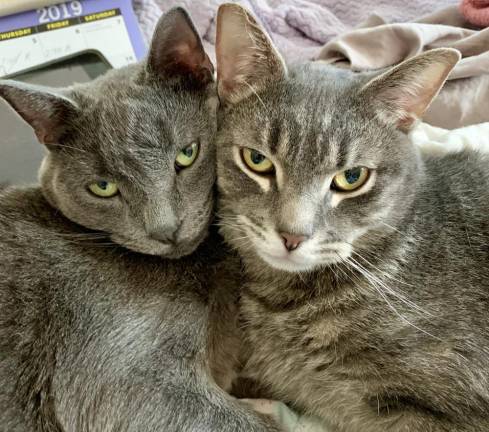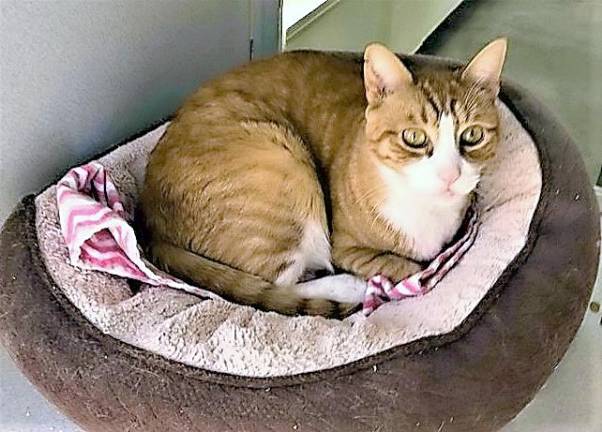Space and Wirths bill allows for anonymously surrendering pets
Legislation. Assemblymen Space and Wirths bill (A150), the New Jersey Safe Haven for Protection of Domestic Companion Animals Act, would allow pet owners to voluntarily and anonymously surrender their animal to shelters, kennels, veterinary hospitals, and police stations.


Last May, a 10-week old puppy was found trapped in a cage and drowned in a lake in West Milford. In October 2018, a woman was fined for abandoning her blind and deaf Boston terrier in a field near Teterboro Airport, and an elderly poodle was dumped in a cardboard box in the area of the Monmouth County animal shelter on a sweltering August day.
These incidents were reported in newspapers, but similar cases happen outside of the public spotlight every week. To end this inhumane cycle, Assemblymen Parker Space and Hal Wirths (R-24) have introduced legislation giving owners an option to surrender their pets, protecting their lives and well-being, without contributing to the growing problem of abandoned domestic animals.
“People become enamored with furry little friends, bring them into the home and make them part of the family,” said Space (R-Sussex). “Too often they fail to consider the life-long commitment, in time and money, of caring for an animal that could live 15 years or longer. If they realize they have bitten off more than they can chew, this bill establishes a humane option for their pets.”
The bill (A150), the New Jersey Safe Haven for Protection of Domestic Companion Animals Act, allows pet owners to voluntarily and anonymously surrender their animal to shelters, kennels, veterinary hospitals, and police stations.
“It’s unfortunate we need a bill like this,” said Wirths (R-Sussex). “We would expect people who adopt pets to be more responsible and caring. However, circumstances change, money gets tight, and people look for the easy way out. Our legislation makes it easy to give up the animal at any hour of the day or night, and without cost.”
Under the bill, people giving up pets are not liable for the care or disposition of the animals. In addition, the measure directs the health commissioner to establish a program to educate the public about the program.
“There is a stigma attached to not being able to take care of a pet,” Space stated. “This is why the education portion of the bill is so important – don’t be ashamed that you can’t take care of your dog or cat any longer and then do something inhumane and illegal like tying a dog to a tree or leaving a cat in a crate in hopes someone finds it – allow that pet to get a new lease on life and a chance at a forever home.”